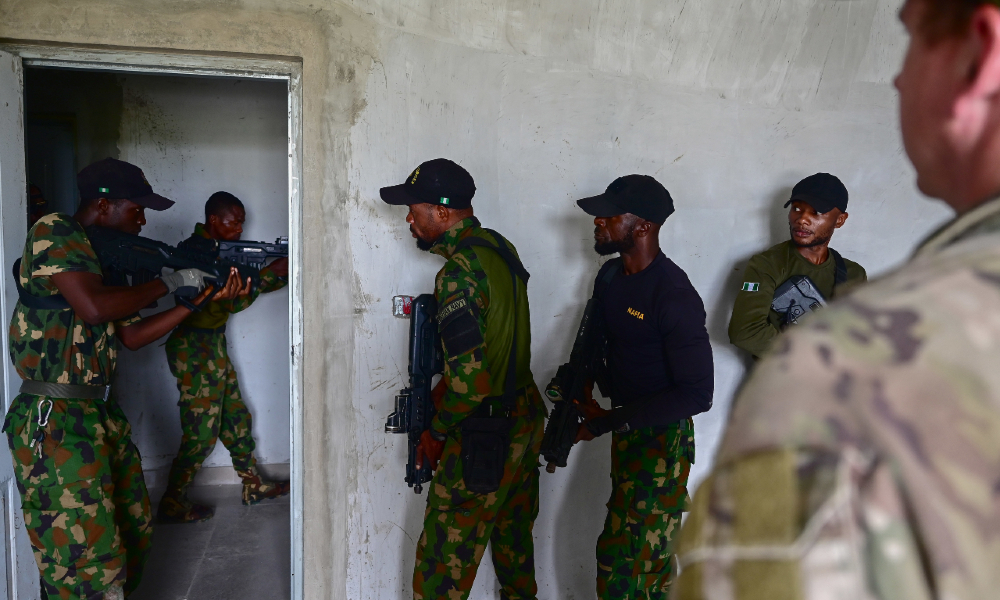Hollande Abandons Constitutional Amendment, Bolsters Defense
On March 30, President François Hollande announced that he was abandoning a constitutional amendment that would have enshrined state of emergency powers and stripped French citizenship from convicted terrorists.
Just days after the November 13 attacks in Paris, President Hollande promised to amend the constitution in a speech to Congress assembled at Versailles. The speech met with applause from across the political spectrum, but political divisions have since dealt a blow to Hollande’s project.
Published by The Lawfare Institute
in Cooperation With

On March 30, President François Hollande announced that he was abandoning a constitutional amendment that would have enshrined state of emergency powers and stripped French citizenship from convicted terrorists.
Just days after the November 13 attacks in Paris, President Hollande promised to amend the constitution in a speech to Congress assembled at Versailles. The speech met with applause from across the political spectrum, but political divisions have since dealt a blow to Hollande’s project.
As Le Monde reports, the controversy over the amendment sprang less from constitutionalizing the state of emergency than from the proposal to strip convicted terrorists of citizenship. The original version announced by the government on December 23 would have allowed the government to strip only dual nationals who are convicted of terrorism of their French citizenship.
Hollande defended the provision as a signal that French citizenship entails a commitment to fundamental democratic values. But opponents on the left worried about creating two classes of French citizens and alienating French Muslims.
Minister of Justice Christiane Taubira—a staunch liberal—resigned over the matter on January 27, forcing Prime Minister Manuel Valls to introduce a revised version of the amendment, which would have made all French citizens subject to denaturalization for terrorist offenses. After some amendments, the National Assembly approved this text on February 10 by a vote of 317 to 199, with 51 abstentions.
In the Senate—where the right holds a majority—the bill emerged with several changes. The Committee of Laws reintroduced language that would have restricted denaturalization only to dual nationals convicted of terrorism. Philippe Bas (Républicains), the president of the committee and rapporteur on the text, said that this formula was “closer to what President Hollande had announced.” The Senate version would also have allowed denaturalization by decree, whereas the National Assembly’s version would have required a judicial order. Denaturalization proved so controversial that some 70 Senators tried (unsuccessfully) to suppress the provision altogether.
Other amendments adopted by the Senate modified slightly the provision that would have enshrined civil emergency powers. The Senate voted to reduce the maximum length of a state of emergency from four months to three months. The Senate also removed “public calamity” as a situation that could trigger a state of emergency.
Ultimately, the Senate on March 22 adopted this version by a vote of 176 to 161, with 11 abstentions. For a constitutional amendment to proceed to a vote in Congress, both houses of the French Parliament must adopt identical language. Faced with conflicting texts, and a political stalemate, Hollande abandoned the project.
This means the state of emergency remains authorized by an ordinary law, which is set to expire on May 26, 2016.
Hollande bolsters French national security.
During his speech before Congress on November 16, Hollande also promised not to lower defense spending before 2019.
On April 6, Hollande convened a defense council meeting where he decided to keep some 10,000 military personnel. Accounting for anticipated cuts, the result is a net increase over the next three years of 800 jobs—primarily combat, cyber security, and intelligence positions.
In the wake of the attacks of January and November 2015 the Hollande government has committed additional resources for national security.
At the beginning of his term in 2012, Hollande had decided to cut 34,000 jobs from the Ministry of Defense over the period 2014–2019. According to Le Monde, this would have represented a 12% drop, following a 20% decline in defense posts over the period 2008–2014.
After the attacks against Charlie Hebdo on January 7, 2015, Hollande opted to keep 18,700 military jobs to the tune of 3.8 billion euros. Following the November 13 attacks in Paris, Hollande elected to keep another 10,000 military personnel, which could cost an additional 3 billion euros.
France now spends 1 million euros per day on enhanced counterterrorism and security.





